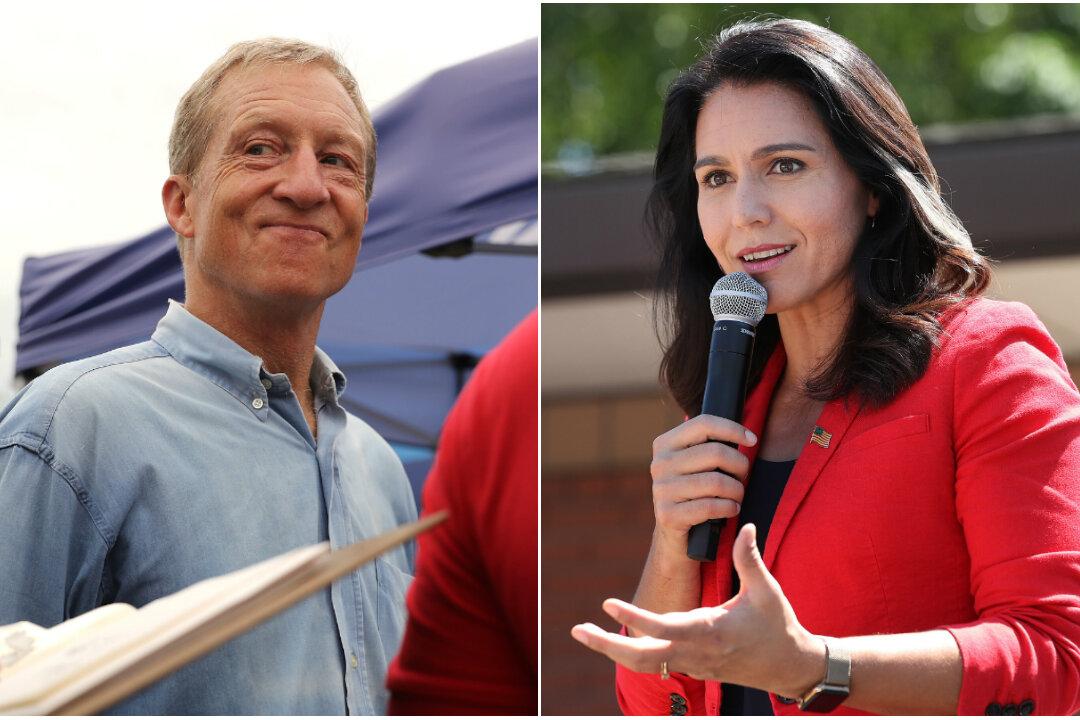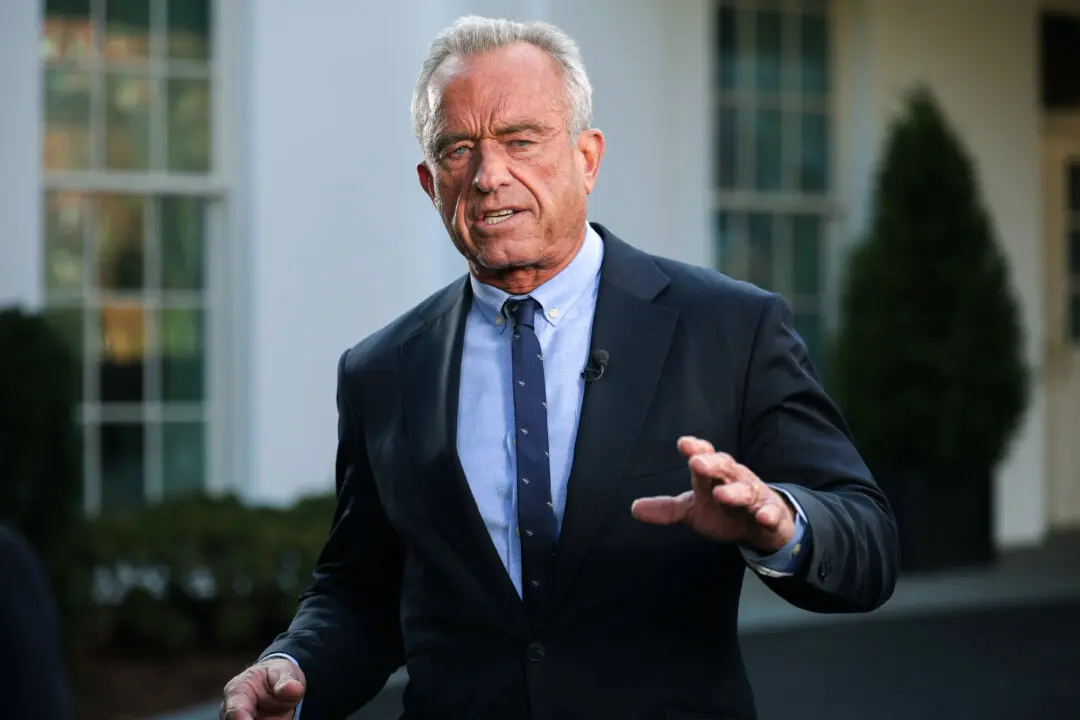Democratic presidential candidates who appear to have missed qualifying for the next round of debates are striking out at the Democratic National Committee (DNC), accusing the group—which underwent turmoil when a leak showed it favored Hillary Clinton over Sen. Bernie Sanders (I-Vt.) in 2016—of unfairly winnowing the field as the campaign intensifies less than six months before the first primary.
Ten contenders have qualified for the debates, half the number that was allowed onstage in late July. The deadline to qualify is Aug. 28.





